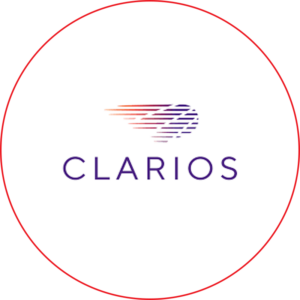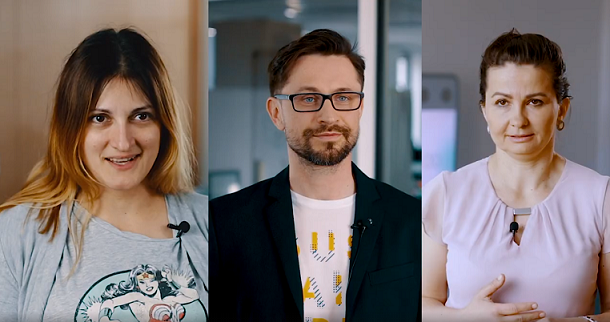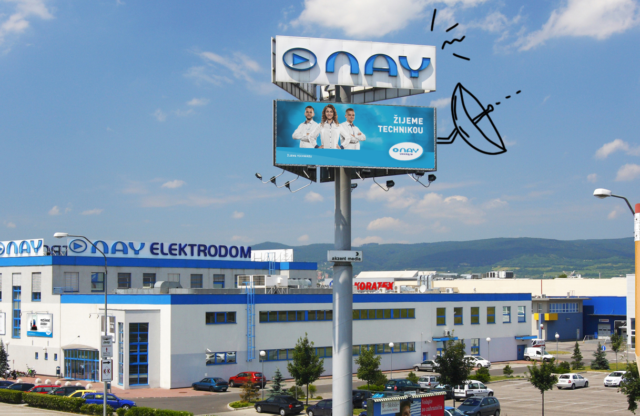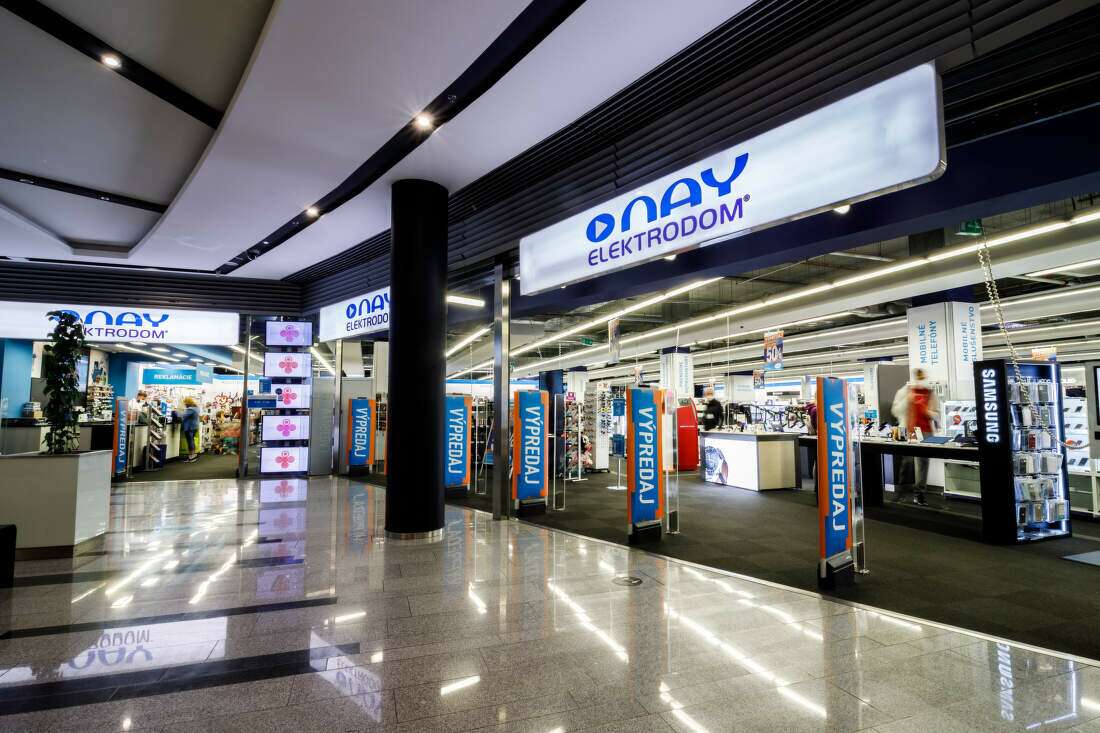GET RID OF THE ROUTINE,
LEAVE IT TO A ROBOT
You can use RPA (Robotic Process Automation) for any repetitive rule-based process. This makes it possible for a robot or software to learn to perform the process.


Soitron automates processes worldwide for US-based Clarios
Clarios – formerly Johnson Controls Power Solutions – is a top battery manufacturer in the automotive industry. The company now employs 16,000 people in over 140 countries worldwide. It has a large financial shared service centre in Slovakia. Business service centres hold great potential for process automation through software robots, which Clarios and Soitron are now introducing at several worksites globally.

HOW WE “EMPLOYED” A ROBOT
As a UiPath Certified Partner, we used the help of a robot in our HR department for the onboarding process of new employees. The aim was to speed up, facilitate, refine the onboarding process and minimize process error rate. Also we wanted to relieve the administrative burden from as many people as possible. And what is the result? Check out the video.
WHAT CAN RPA DO FOR YOU?
INCREASE IN PRODUCTIVITY
RPA implementation in your company will significantly speed up processes and increase the amount of completed work.
COST REDUCTION
RPA integration into processes reduces operational costs.
MAKING LOW-ADDED VALUE OF THE PROCESSES MORE EFFECTIVE
Employees can focus on processes that require more operating creativity.
SCALABILITY AND EFFECTIVENESS
RPA helps you to better manage work load or seasonal fluctuations in your organization.
ERROR REDUCTION AND VARIABILITY
IMPROVED CUSTOMER EXPERIENCE
RPA improves and speeds up communication or processing requests and increases customer satisfaction.
WE COMPARED THE INVOICE PROCESSING BY A ROBOT AND A HUMAN
We found out that when it comes to invoice processing, a robot saves 50% to 60% of the working time of a human. In one hour, the robot can process 31 to 37 more invoices.


FAQ
What is automation?
What can software robots do?
How to automate processes?
What is the ROI of Robotic Process Automation (RPA)?
How long does automation implementation take?
WHEN IS RPA AS A SERVICE SUITABLE FOR YOU?
If you have already decided to introduce the robotic automation of your business processes into your company, the next thing you have to decide is whether the installation will be on-premise or as a service (aaS). In the case of RPA as a Service, i.e., when the service is outsourced, the robot that we create will remotely connect to your business environment within specified time windows. It will securely process the tasks specified by you directly in your environment and then disconnect once the job is done. You do not have to worry about licensing and technical support for the whole process. When it makes more sense to use RPA aaS?
If you don’t have a large IT department.
If, for capacity reasons, your employees cannot manage the process.
If you want to leave the entire process automation management to the experts and focus on your core business.
If the process to be automated does not require a 24/7 operation.
READ MORE
Powered by:












